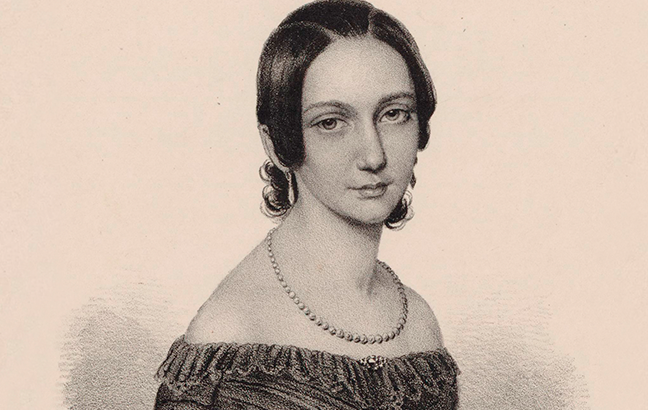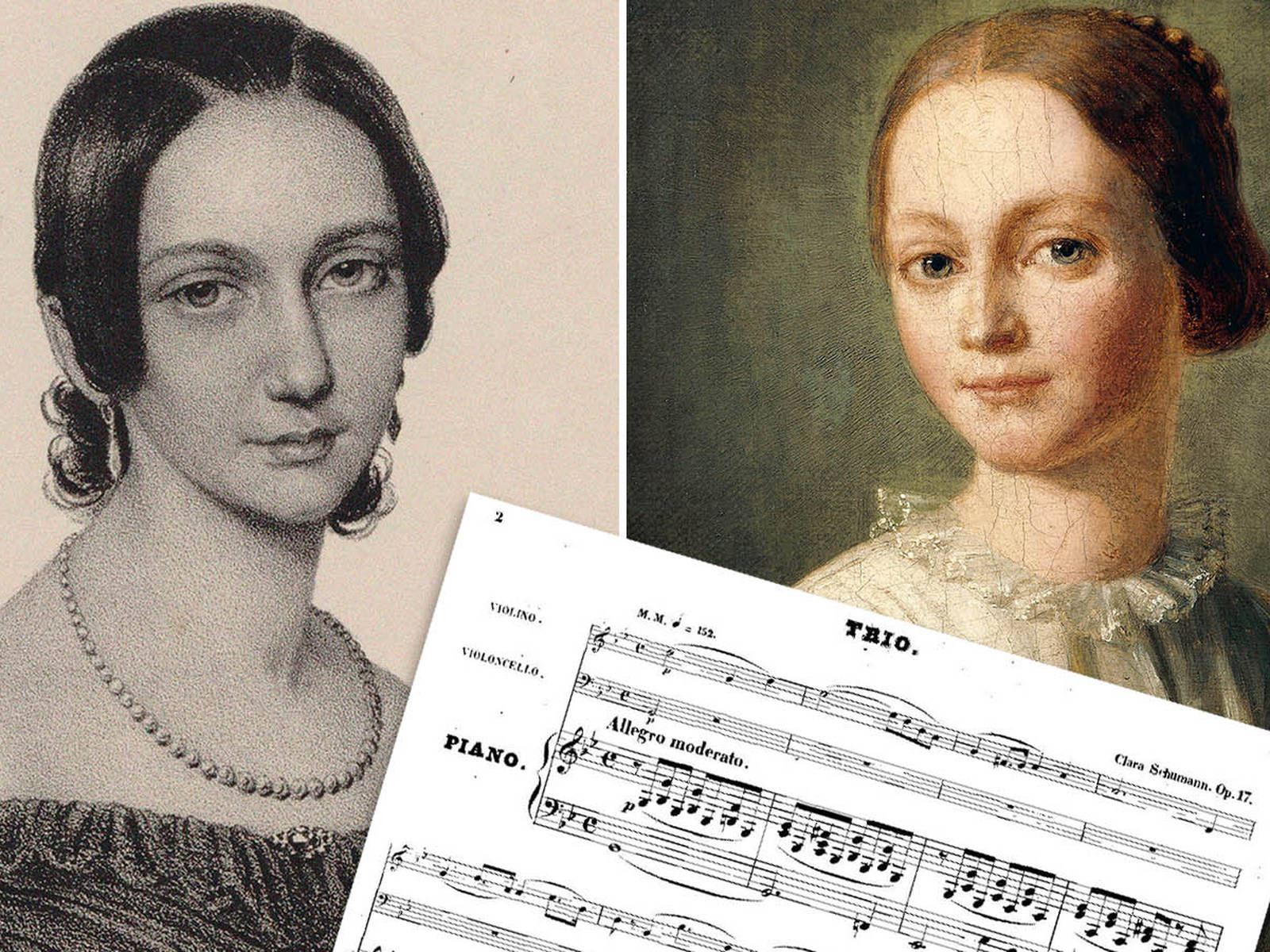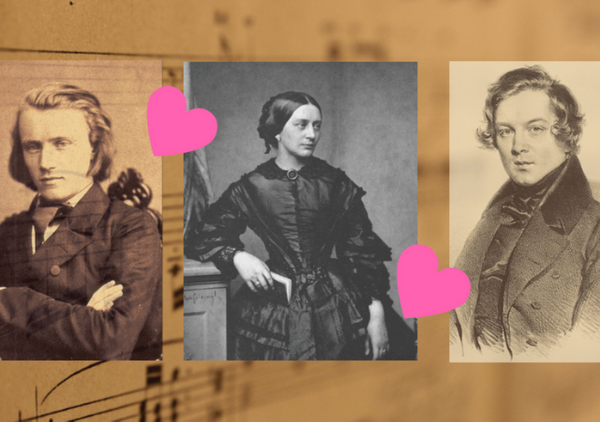
The Story Behind Clara Schumann’s Scherzo No. 2, Op. 14
Clara Schumann, one of the most celebrated pianists and composers of the Romantic era, left behind a remarkable legacy of music that continues to inspire[…]

The Story Behind Schumann’s Piano Concerto Op. 7
Clara Schumann, one of the most extraordinary pianists and composers of the Romantic era, crafted her Piano Concerto in A Minor, Op. 7 at a[…]

Top 10 Clara Schumann Songs
Clara Schumann, born Clara Wieck, was a prominent 19th-century pianist and composer, renowned not only for her virtuosic performances but also for her significant contributions[…]

The hard life of Clara Schumann – Biography
Clara Schumann, born Clara Josephine Wieck on September 13, 1819, in Leipzig, Germany, was a remarkable pianist and composer who left an indelible mark on[…]

Celebrating Clara Schumann: Unveiling Her 10 Masterful Compositions
Clara Schumann, an exceptional figure of the Romantic era, was not only renowned as a virtuoso pianist but also left an indelible mark as a[…]

Unveiling the Enchanting Melodies: 7 Curiosities about Composer Clara Schumann
Clara Schumann, a name that resonates with elegance and musical brilliance, was not just a mere composer. She was a remarkable pianist and a trailblazer[…]

Celebrating the Musical Legacy of Clara Schumann: 7 Timeless Masterpieces
Clara Schumann, a remarkable composer of the Romantic era, left an indelible mark on the world of classical music. With her immense talent and pioneering[…]

7 Facts About Clara Schumann You Didn’t Know
Clara Schumann was one of the most influential and accomplished musicians of the 19th century. She was a pianist, composer, teacher, and wife of the[…]

The Love Triangle Between Clara Schumann, Robert and Brahms
Clara Schumann, Robert Schumann, and Johannes Brahms are three of the most celebrated composers and pianists of the 19th century. Their musical talents and achievements[…]

Clara Schumann: A Musical Genius
Clara Schumann was one of the most influential and celebrated pianists of the 19th century. She was also a composer, teacher, and wife of the[…]